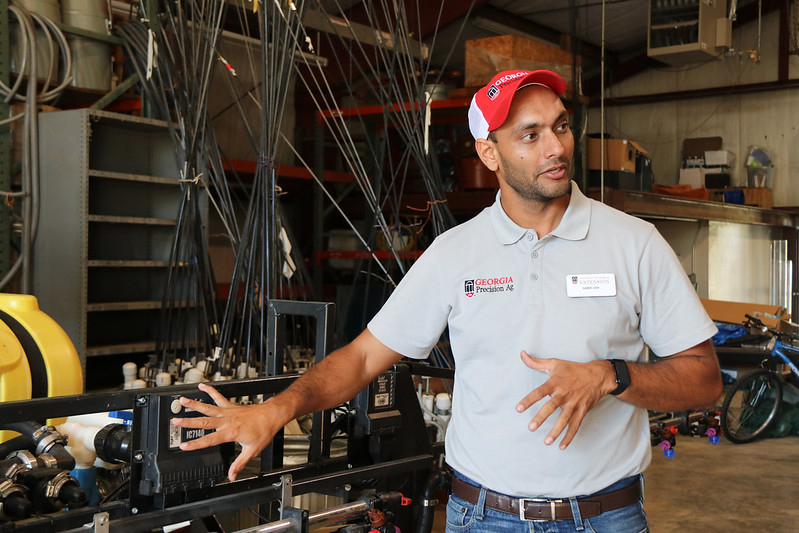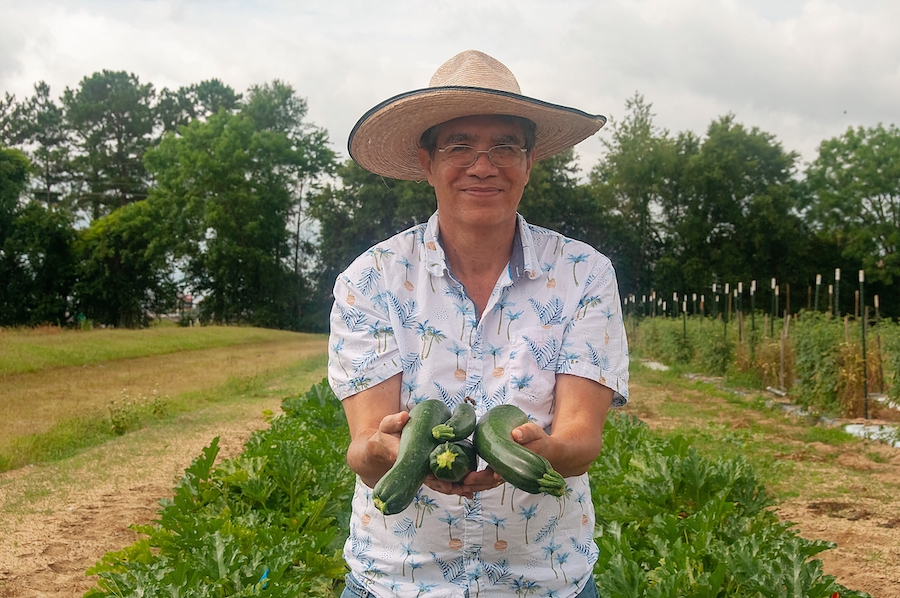 CAES News
CAES News
Land Steward Award
For nearly three decades, Juan Carlos Díaz-Pérez has been contributing to the field of sustainable vegetable production, focusing on organic agriculture as a professor in the University of Georgia Department of Horticulture. This month, Georgia Organics is recognizing his work with the 2022 Land Steward Award.

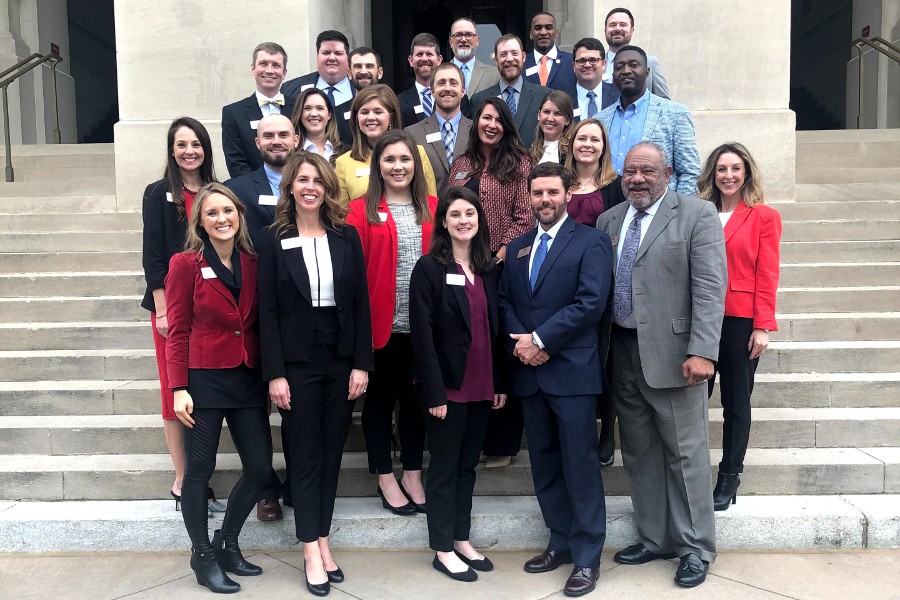
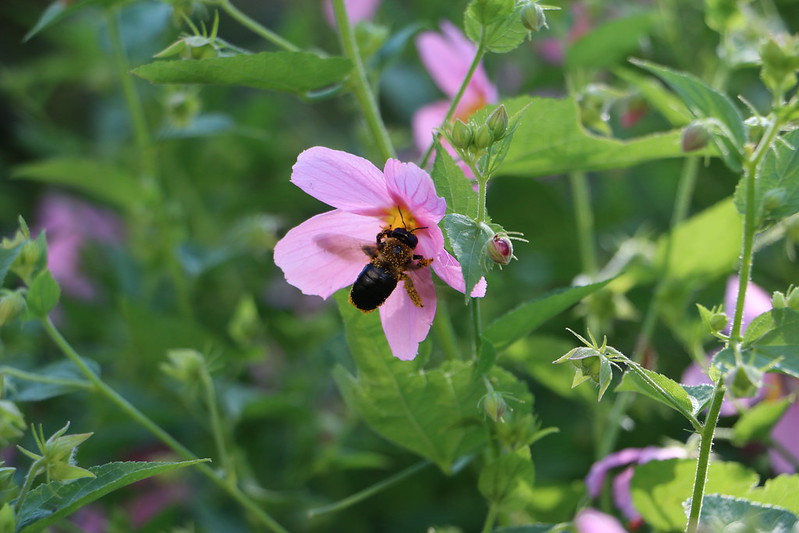
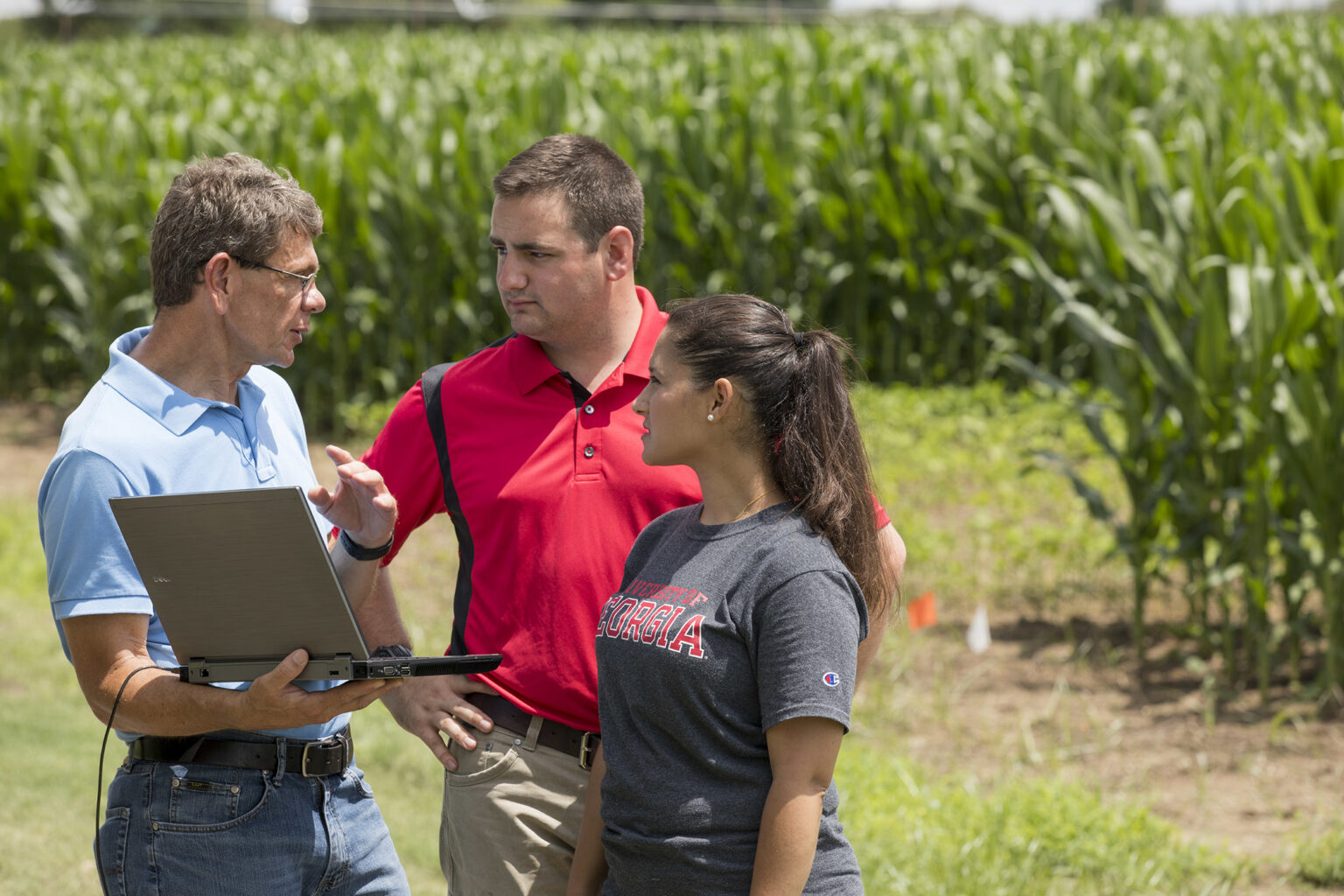
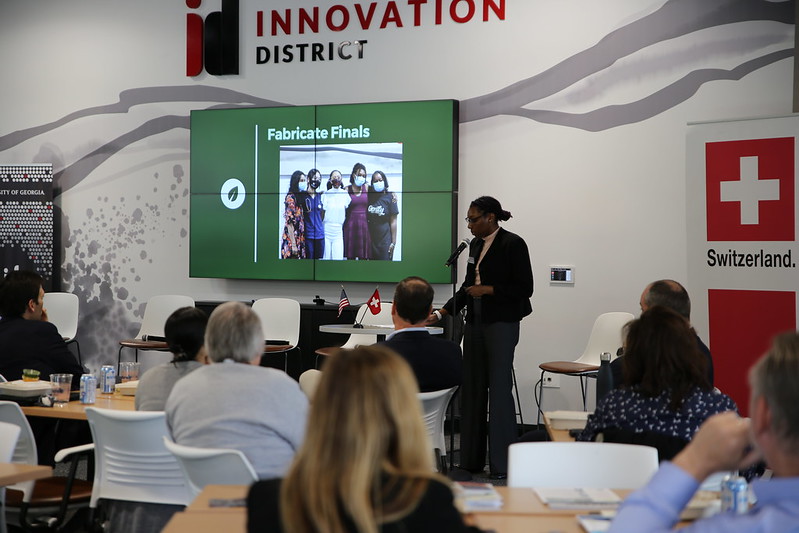
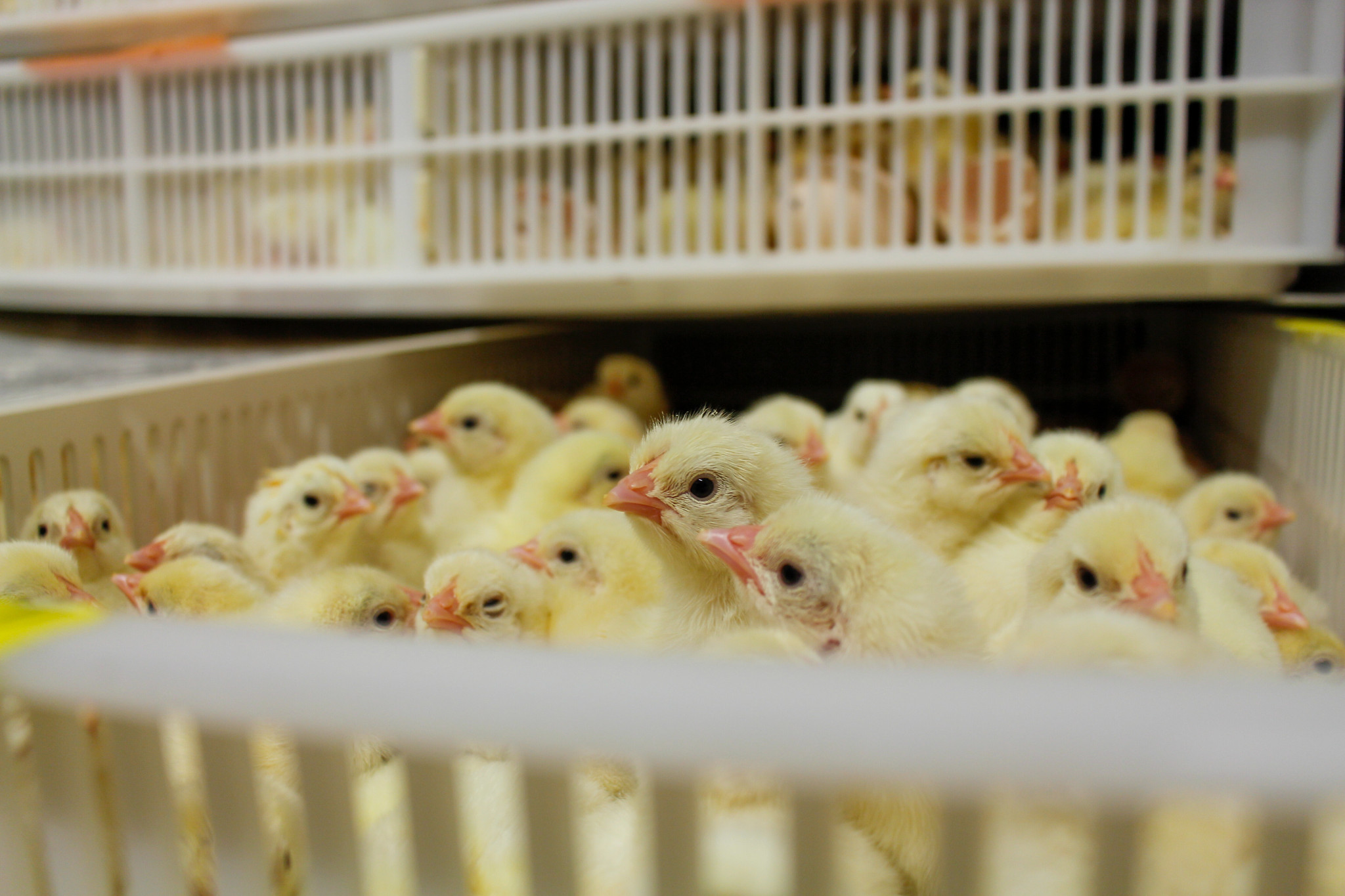

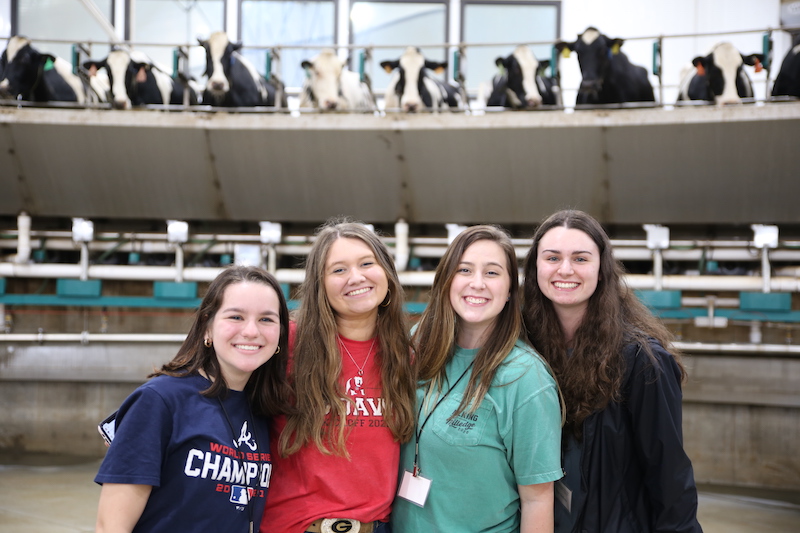
.jpeg)
